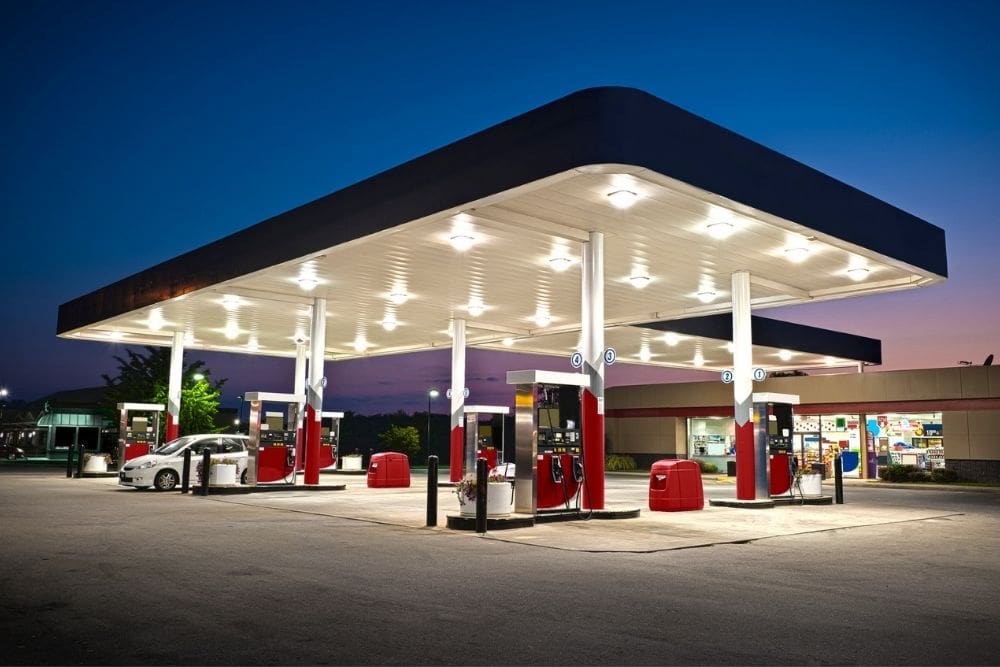Perhaps you can’t see it right now, but you’ve come a long way and you deserve recognition. It takes resilience to begin a life without substances. Recovery is no small thing, and each day you continue forward after finishing residential treatment in Bayard shows your commitment to a better future. At St. Gregory Recovery Center, we’re proud to walk that path with you. Whether you’re participating in our Intensive Outpatient Program (IOP) in Des Moines or utilizing our SMART Recovery groups, we’re here to support your next chapter.
This blog can help you reimagine and rebuild your social life to have fun, feel connected, and find your people without relying on drugs or alcohol.
Tips For Fostering a Substance-Free Social Life
The following tips can help you show up as your best version for yourself, your family, and your new friends as you embrace recovery:
- Practice putting the past behind you. If you try to hang onto the same schedule, people, or routines from your past, sliding back into old habits could be much easier. Take a new route home, distance yourself from friends who are still using or drinking, and skip events that you know will put the spotlight on substances. Letting go of old memories and habits is the first step in making room for new ones.
- Create a realistic routine. Research shows that routine and structure can help you stay on track, meet your physical needs, and regulate your emotions. When you know what’s coming next, it’s easier to avoid getting swept up in impulsive decisions or cravings. Forming small habits like morning walks or evening journaling can add rhythm and peace to your daily life. These activities can also help you recharge your social battery after pouring energy into the community you’re forming.
- Lean on your Iowa-based support networks. Making new friends as an adult can be hard, especially in recovery. That’s where our non-12-Step family can help, uplifting you while you’re in the process of finding your people. We can also help you look into support groups, join a recreational class, or find another form of community. You may want to consider therapy as well, as it can also be a safe space to explore the feelings that come with building a new life.
- Create a game plan for triggering moments and situations. You probably already know certain people, places, or feelings that trigger cravings. You may also feel overwhelmed by stress, loneliness, or simply being reminded of an old hangout or group of friends. Once you recognize what sparks the desire to use, you can start working around it. That might mean choosing new meeting spots with friends, bringing a sober buddy to events, or practicing what you’ll say if someone offers you a drink.
- Begin to build healthy friendships. Recovery can reveal a lot about who you can truly rely on. Some past relationships might’ve been toxic, enabling, or unfulfilling. That doesn’t mean you have to be alone, but you should work on choosing new connections that support your growth. You deserve to make new friends, enjoy more time with your mentor or people in your support group, and surround yourself with folks who make it easier to stay on track.
- Take care of your body, too. Your body’s been through a lot. Staying active might not sound exciting, but physical hobbies, regular exercise, and a little walk each day can keep you both healthy and social, especially when you’re not feeling like yourself. So don’t discount the power of movement when it comes to your recovery, friendships, and overall well-being.
- Watch for subtle relapse warning signs. Relapse is common and usually doesn’t happen out of the blue, and it may be harder to see it coming if you’re spending lots of time with new friends and enjoying your recovery. You don’t have to be overly paranoid about relapse, but hone back in on therapy sessions or reach out for help if you realize you’re avoiding support groups, reaching out to old contacts, or mentally justifying a “one-time” slip. Talk to someone you trust, revisit your coping strategies, or reach out to us for support.
- Practice positive self-talk, even when you mess up. Everyone makes mistakes, and studies show that most people in recovery relapse on substances, especially during the early days. Whether you used again, lashed out, broke a promise, or feel like you’re regressing, it doesn’t mean all your progress is lost. Own it, learn from it, and move forward. Guilt and shame can weigh you down, but grace can help you grow.
- Find joy in milestones, big or small. Every day you stay on your path is worth celebrating. Whether it’s 30 days or just one, mark those wins with your community. Let them celebrate with you. Go on a weekend hike, grab dinner with a friend, or buy yourself something small that sparks joy. When you reward yourself in healthy ways, you stay motivated and reminded of why this journey matters.
Build a Recovery Community in Iowa
You deserve to be surrounded by people who recharge you and add joy to your life. If you’re in Iowa, St. Gregory Recovery Center is ready to help you reconnect and build a social life that doesn’t depend on substances. Whether you’re starting fresh or rebuilding after a setback, we’re here to listen, support, and walk alongside you. Don’t hesitate to contact us—no matter where you are in your journey.




